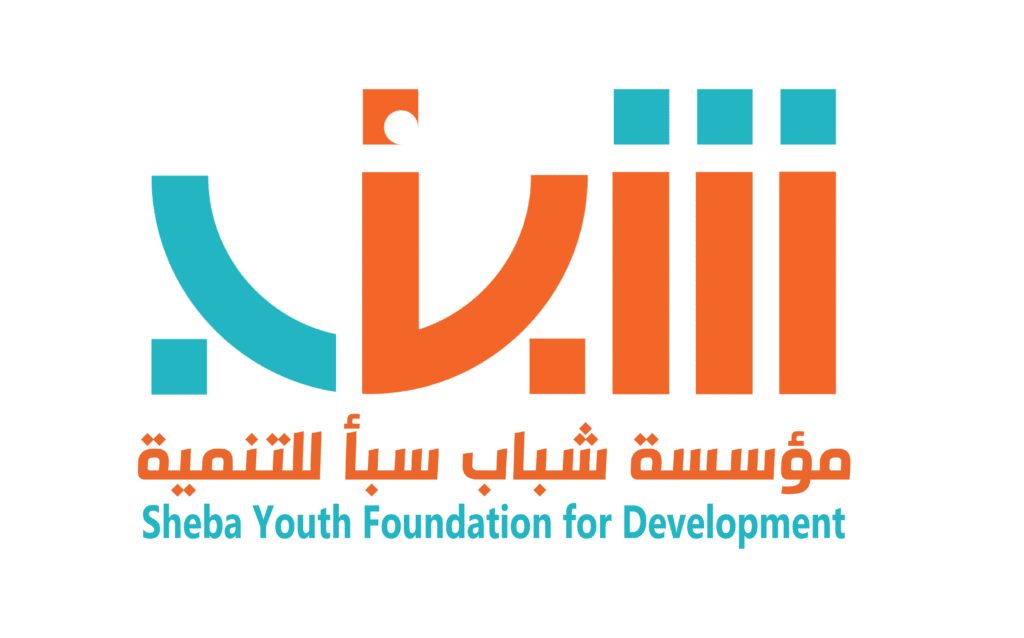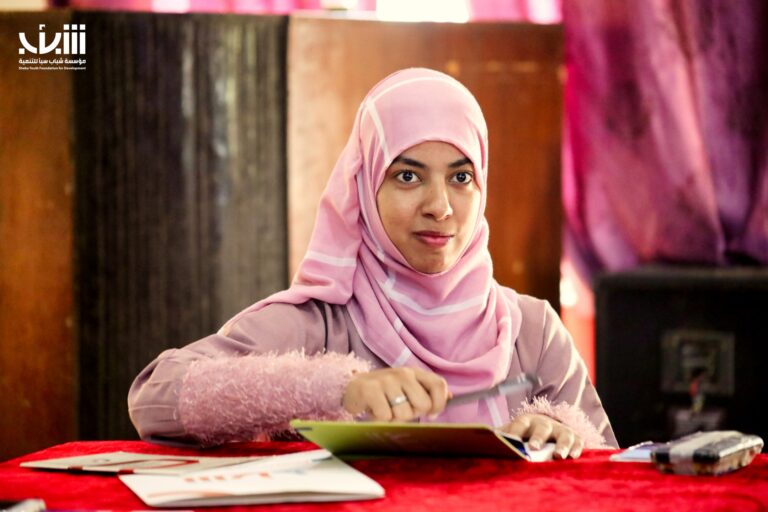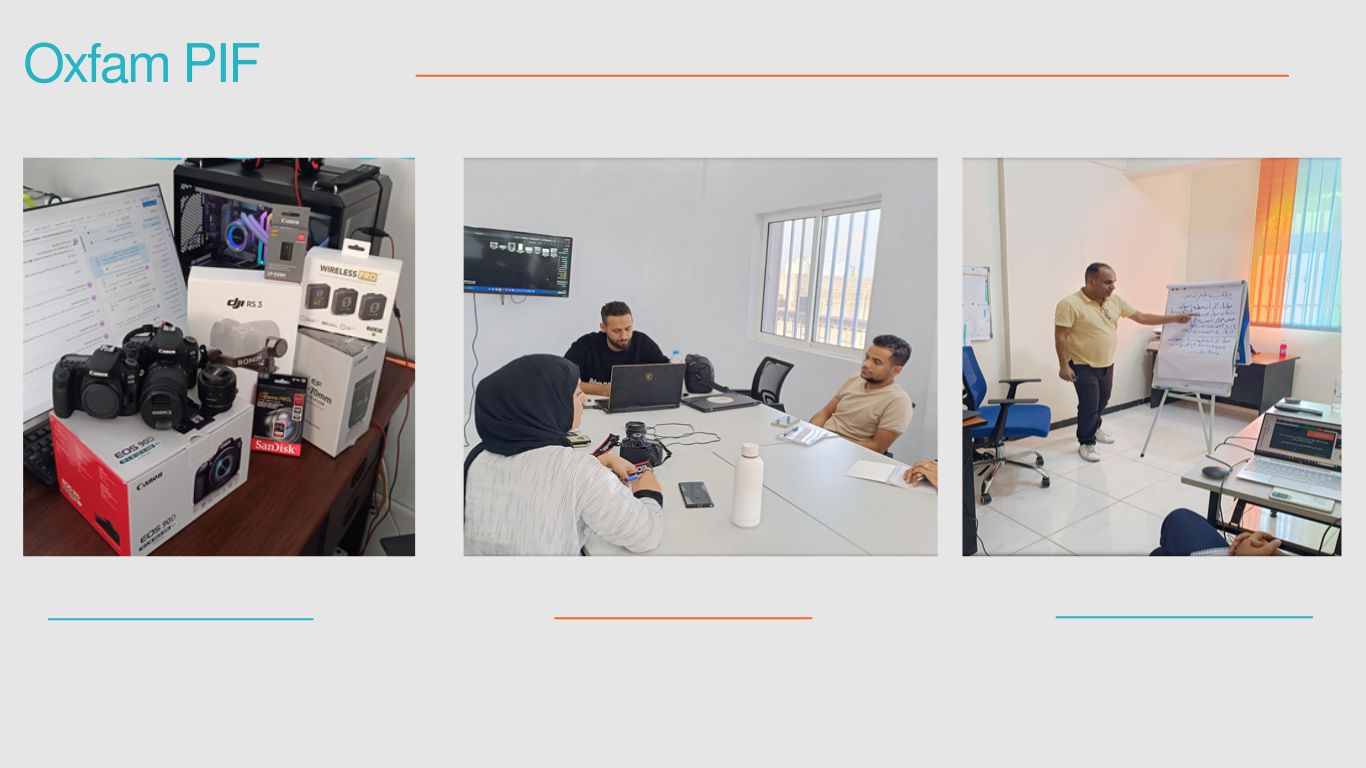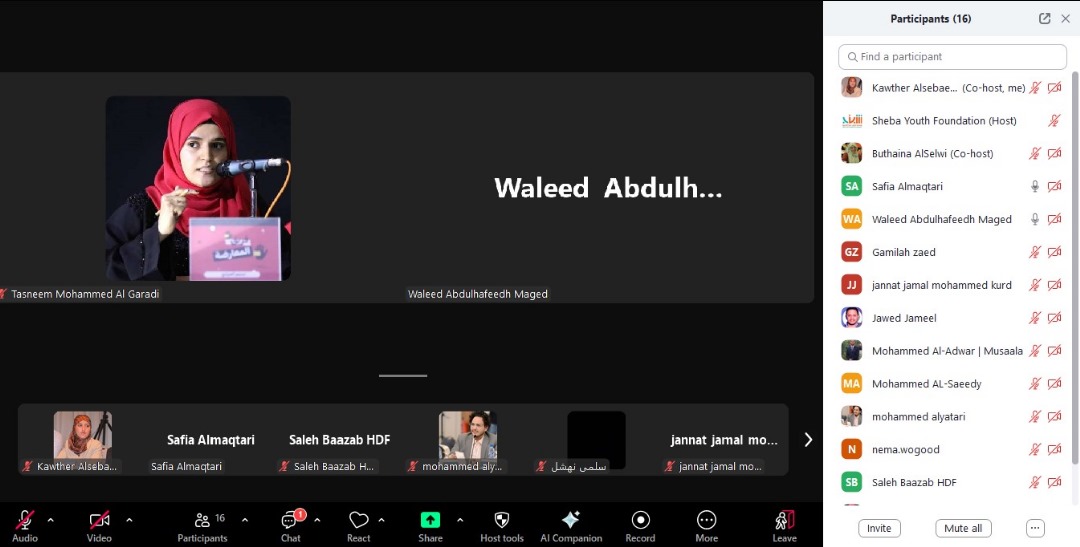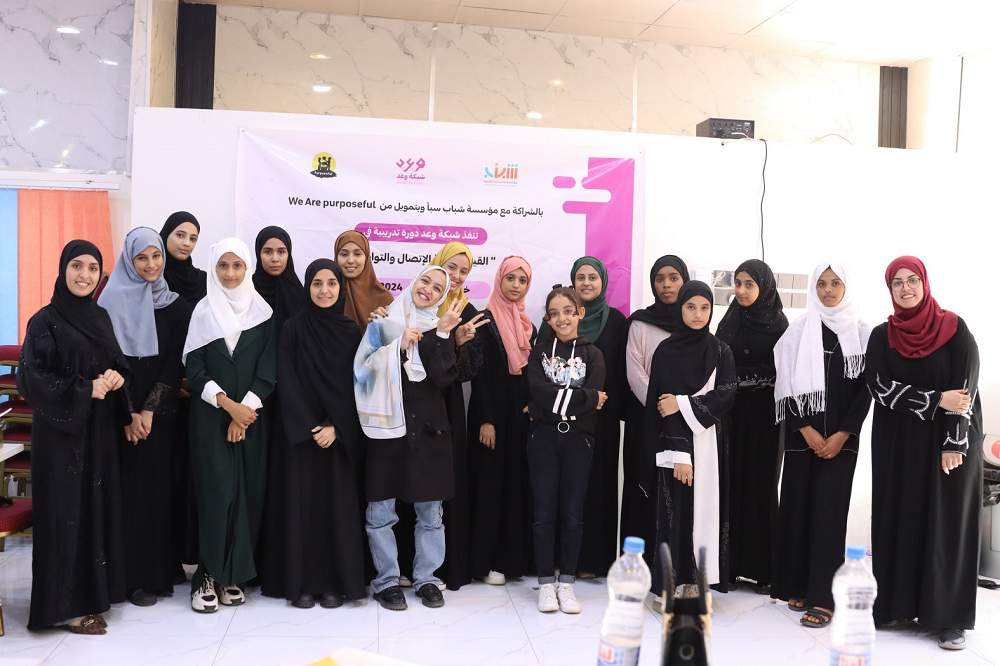Women live in the Al-Ma’afer district, southwest of the city of Taiz, in a state of marginalization and human suffering, resulting from the conditions of the war that Yemen has been going through since 2015, and the limited societal view of the role of women, as well as women’s weak awareness of their rights and the lack of education and rehabilitation among them. This is what the Women and Peace Project came to change. The project aimed to involve rural women in peacebuilding processes by strengthening the capacities of women in rural Taiz in the districts of Al-Maafer and Al-Shamayatain in women’s rights, peacebuilding and confronting violence against women.
Areej Al-Absi, one of the women residents of Al-Ma’afer who obtained education but did not get the opportunity. Although she graduated with a Bachelor’s Degree in Arabic language education and was born in 1995, and her tireless attempts to participate in community activities, she was unable to overcome the obstacles of society and its limited view of women, which is This deprived her of many rights, some of which she was unaware of, especially since she is the mother of a child and lives with her family in Al-Ma’afer. Areej was persistently weaving her story in search of an opportunity that would enable her to open the doors of communication with the local authorities in the Al-Ma’afer district – in the southern countryside of Taiz, until an announcement knocked on her door to apply for the Women and Peace Project, which is being implemented by Sheba Youth Foundation for Development, with the support of the Danish Development Agency (DANIDA) and in partnership with Oxfam.
Areej Al-Absi, who lives in Al-Nashma area, the center of Al-Ma’afer district, says: “The Women and Peace project opened the doors for me to contact and communicate with the local authorities in the district and the governorate, as well as with the women participating in the peacebuilding process who have reached the second track or the track one and a half.”
A Unique Change
Regarding the change made by the Women and Peace Project in her life, Areej says: “My view of peacebuilding projects has changed, and it has introduced me to the importance of the peacebuilding process in the current period“. “This project raised my ambitions to think about participating in the second track instead of focusing on the first track only, and made me try to participate in the local authority and participate in applying to the women’s affairs department in the directorate.” She adds.
Areej attributes all these changes to the awareness she gained during the project’s workshops, explaining: “It changed my level of awareness in the human rights and legal aspects, especially in the participation of women and youth in the peacebuilding process, through the The Convention on the Elimination of All Forms of Discrimination against Women (CEDAW) and Resolutions 1325 and 2250“.
An Important Shift
The Women and Peace Project was able to highlight and transform the role of Areej Al-Absi from a community activist to a “role more important than just dealing with society and meeting its needs,” she says, adding: “I began to seek a position that would enable me to participate in the management of the district, and I also sought to reach to the position of participation in shaping the public policy of the country“.
The Rural Feminist Peace
Not only that, the most important achievement for Areej is the formation of the Rural Women’s Peace Forum, which was formed by the project in the districts of Al-Ma’afer and Al-Shamayatain, adding: “I was able to meet and network with rural women, and form a network of good relations with active women and women activists and influencers in the field of peace and community mediation.”
Areej asserts: “We established the Women’s Peace Forum, which we seek to make it the unified voice of rural women, and through it I can achieve a lot, as well as by participating in important meetings with donors, in order to advance the peacemaking process“.
They Also Have a Role
Areej did not forget to convey what she learned to other women, as she sent them a message saying: “The role of women in community mediation and peace-building is not just talk or something superficial, but rather it has weight and results,” stressing: “Your weight as a rural woman gives your role a great weight, especially.” If the activism and opinion you hold represent a lot of women in your village”.
